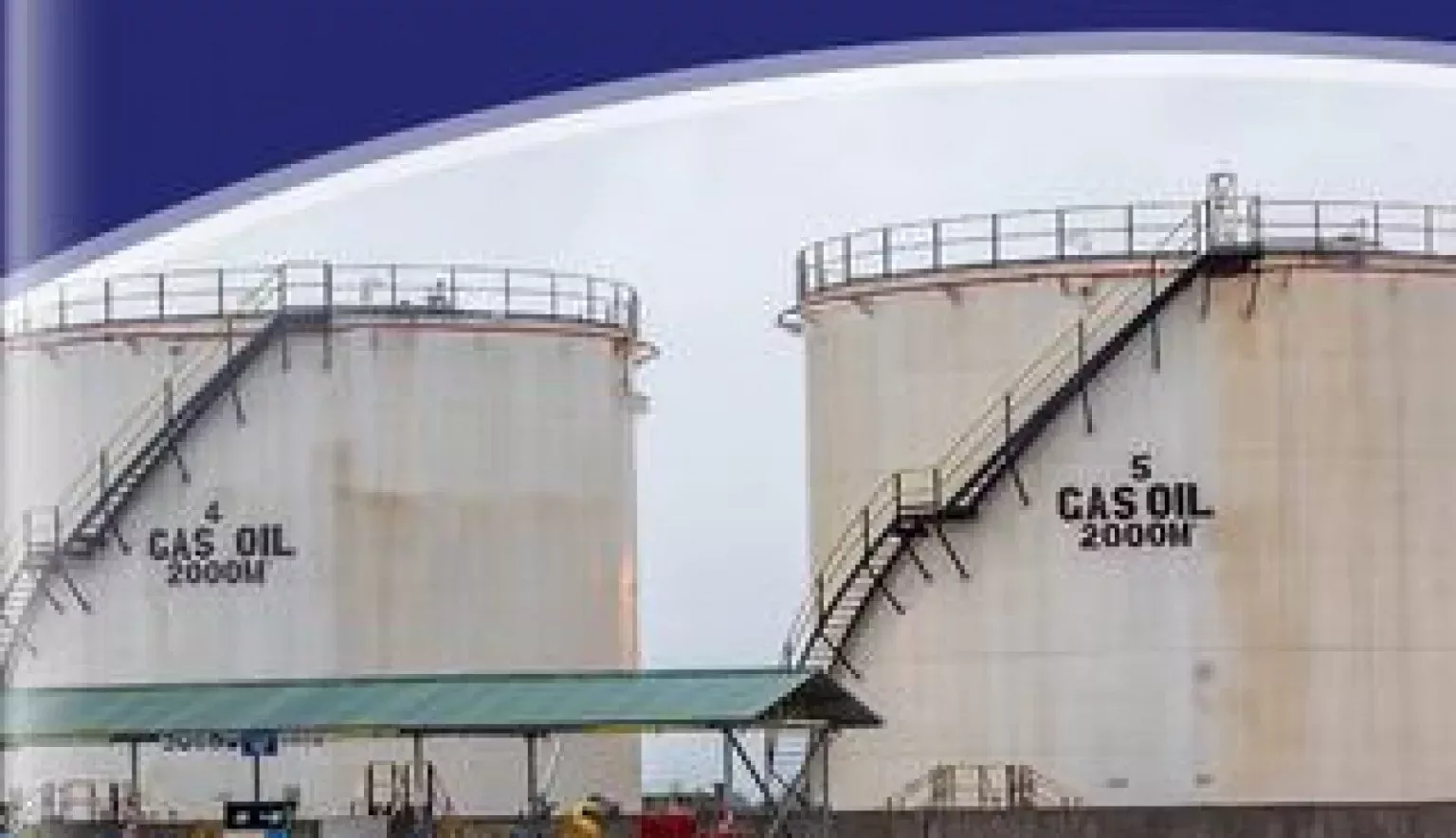Dalbit Petroleum’s belief in the continent’s potential has motivated the oil & gas specialist to invest in some of the most challenging but lucrative locations; resultantly achieving tremendous growth over the past 15 years.
FUELLING REGIONAL GROWTH
As one of Janus Continental Group’s most prominent regional brands in Africa, Dalbit Petroleum continues to broaden its remit and reach in affirming itself as one of the continent’s leading privately-owned energy solutions providers.
Engaging in the procurement, trading, transportation and management of petroleum products in both East and Southern African markets, the brands’ rise since inception in Kenya in 2002 has been rapid yet strategic; and its subsequent portfolio is testament to this evolution.
“Establishing solid business in Eastern and Southern African markets, Dalbit currently has affiliates in Tanzania, DRC and Zambia with notable supply contracts in South Sudan, Uganda and Malawi too,” says CCO, Timothy Skudi. “With a 30-year track record of success across Africa and Europe, Janus Continental Group continues to expand into new markets and sectors, and leveraging this saturation, Dalbit markets a full range of petroleum products including Premium Motor Spirit, Gasoil, Kerosene, Jet A1, Fuel Oil and Bitumen.”
Through its various partners, the Dalbit business has also moved into lubricants in recent years, and each and every diversification stems from demand that exists within its operating markets; as epitomised by its initial activities marketing Gasoil, PMS and Jet A1 to then support the humanitarian sector in Sudan and the Congo.
Skudi adds: “The Company then started supplying HFO, mainly for power production to power Africa, and Dalbit is now one of the major HFO suppliers in Kenya.”
Inevitably spanning numerous sectors by virtue of this proposition, a host of long-term affiliate relationships have been formed as a consequence; further cementing Dalbit’s position in the present day as a turnkey operator in the fuel infrastructure sector.
Skudi confirms: “The Company is always on the look out to identify opportunities within Eastern and Southern African markets. We are not afraid of taking risks and we believe in the continent’s potential and providing solutions that will better people’s lives as well as move Africa forward.”
SUSTAINABLE GROWTH
Central and West Africa are budding frontiers to tackle in the future, once the East and South has been covered entirely. The key to the company’s continuous growth however has been to not spread itself too thinly, with an overriding aim to remain personable and close to each respective client.
Skudi explains: “Dalbit has continuously focused on providing solutions to the customers. Being a caring and listening partner has been the key to success. This has driven Dalbit to make strategic investments in some of the most challenging and difficult areas in Africa in order to increase efficiency and reliability. For example, we introduced storage infrastructure in South Sudan and Lubumbashi and Goma in Congo in our initiatives to move the products across these markets and beyond.”
The core pillar of Dalbit’s continuous improvement ethos revolves around people, once again honing this localised focus to instil a sense of collaboration and enrichment with each provision of service.
“Dalbit has focused on people as a key enabler to the business and there has been lots of focus on bringing the right talent in from all over the world, training for competence, and then providing an enabling environment for professionals to excel,” Skudi continues. “This has included a lot of improvement in developing structures, policies, guidelines and appropriate controls to ensure sustainable growth.
“Moreover, Dalbit is an equal opportunity employer. As part of Janus Continental Group that employs more than 20 nationalities across its business, Dalbit has benefited immensely from talent across the world.”
Leveraging such strong human resource capabilities, the training and development of these talented employees combines international experience with a strong local influence to ensure national sustainability and upliftment.
The same principle also applies to the Company’s supply chain management strategy, where a mix of domestic and international relationships are utilised to formulate the best possible channels to market.
“As much as possible Dalbit will prioritise local transporters for product delivery to customers in the specific countries. This is in line with our desire to promote local businesses. To this extent Dalbit has engaged with many transporters and has over the years built stable relationships with various transport and logistics companies in the region,” Skudi notes. “Strategically, the Company also owns a fleet of more than 100 fuel tankers to support product delivery and ensure reliability.
“Ultimately, Dalbit leverages on two supply corridors – the north and south – to get products into various markets. The Company procures products from the major international oil markets through the Port of Dar es Salaam in Tanzania and Beira in Mozambique for the southern corridor and Mombasa in Kenya for the northern corridor.”
INCREASED BUSINESS AND MARKET POTENTIAL
The final strand of sustainability addresses areas of corporate social responsibility and more directly, notions of environmental care.
As such, Dalbit has achieved ISO certification for its Kenya business in adhering to expected quality standards, as one of the major trends impacting the oil & gas industry.
“An additional trend we are seeing is most of the big multinationals exiting the Africa downstream space as most governments initiate price controls and promote national oil companies instead,” Skudi adds. “This presents a great opportunity for us and we hope to fill this space effectively.
“Price volatility is also a factor that has increasingly affected the industry’s profitability, and this calls for continuous review of our supply chain and partners in order to increase efficiency for sustainable profits and growth.”
Dalbit continues to make capital investments to mitigate upcoming challenges, to capitalise on emerging opportunities and to keep Dalbit ahead of the industry curve. The implementation of a new ERP (SAP) platform will grace an ever-expanding physical footprint which has recently welcomed a brand-new terminal in Gulu, Uganda to the Dalbit family.
“We are also currently upgrading our terminal in Lubumbashi and Goma to improve operational efficiency in light of increased business and the potential we see in that market,” Skudi adds.
In tweaking and refining every aspect of its structure, both internally and from a customer-facing perspective, Dalbit can now truly market itself as a unique operator in Africa’s oil & gas domain; a total energy solution provider rather than simply a fuel distributor.
Optimising the influence of the larger Janus Continental Group and indeed its strong network of partners and affiliates, the business has the clout and scope to thrive as a large entity, while retaining a sense of agile, personable entrepreneurship to facilitate quick decision making and development in the years to come.
“Our belief in the continent’s potential has motivated us to invest in some of the most difficult locations and this has seen the organisation achieve tremendous growth over the past 15 years,” Skudi concludes. “In the coming years this will translate into us moving into new markets in the Great Lakes and Southern African countries, while also introducing new products and business lines; achieving greater partnerships with mines across our markets; and eventually looking into upstream possibilities too.”
For further information visit www.dalbitpetroleum.com































